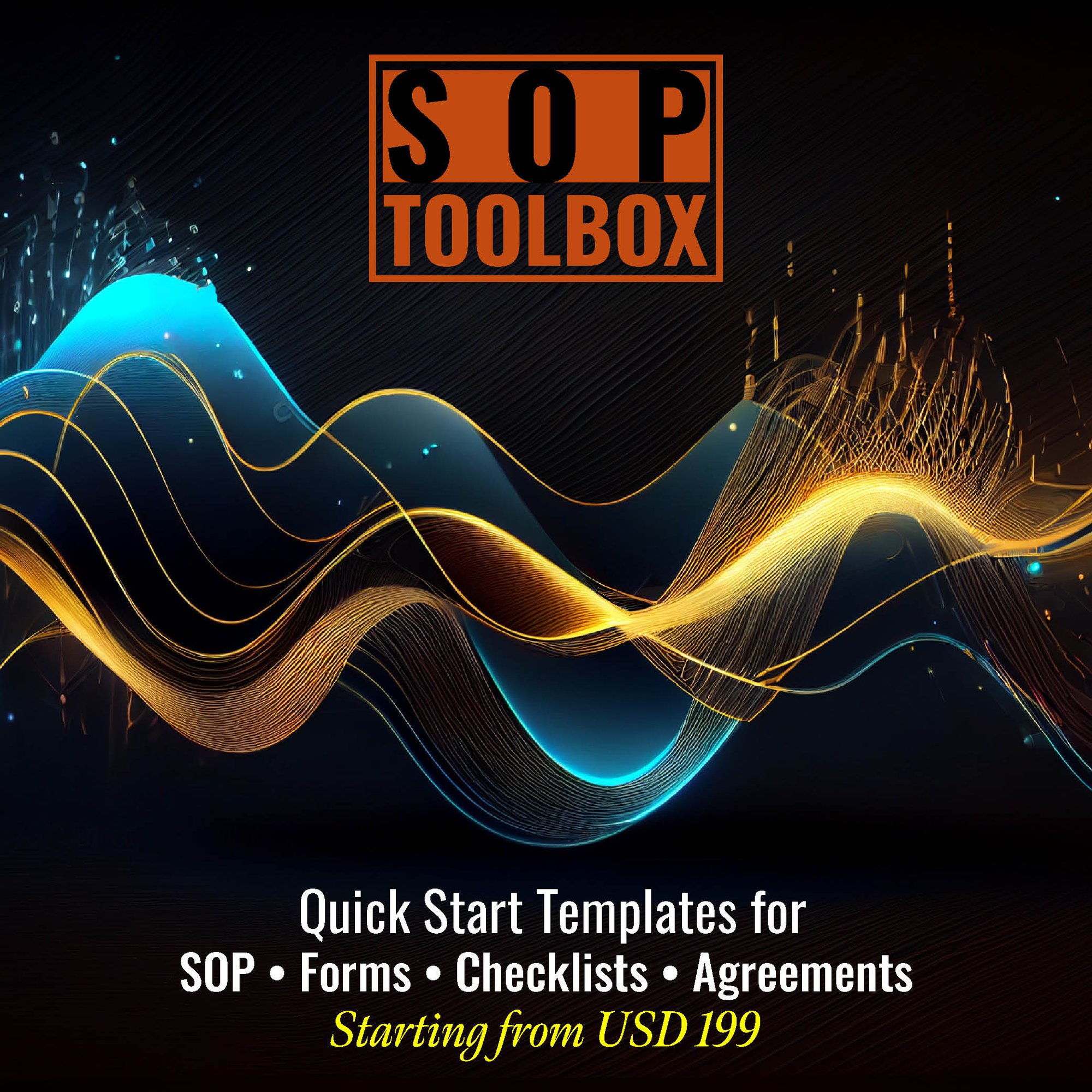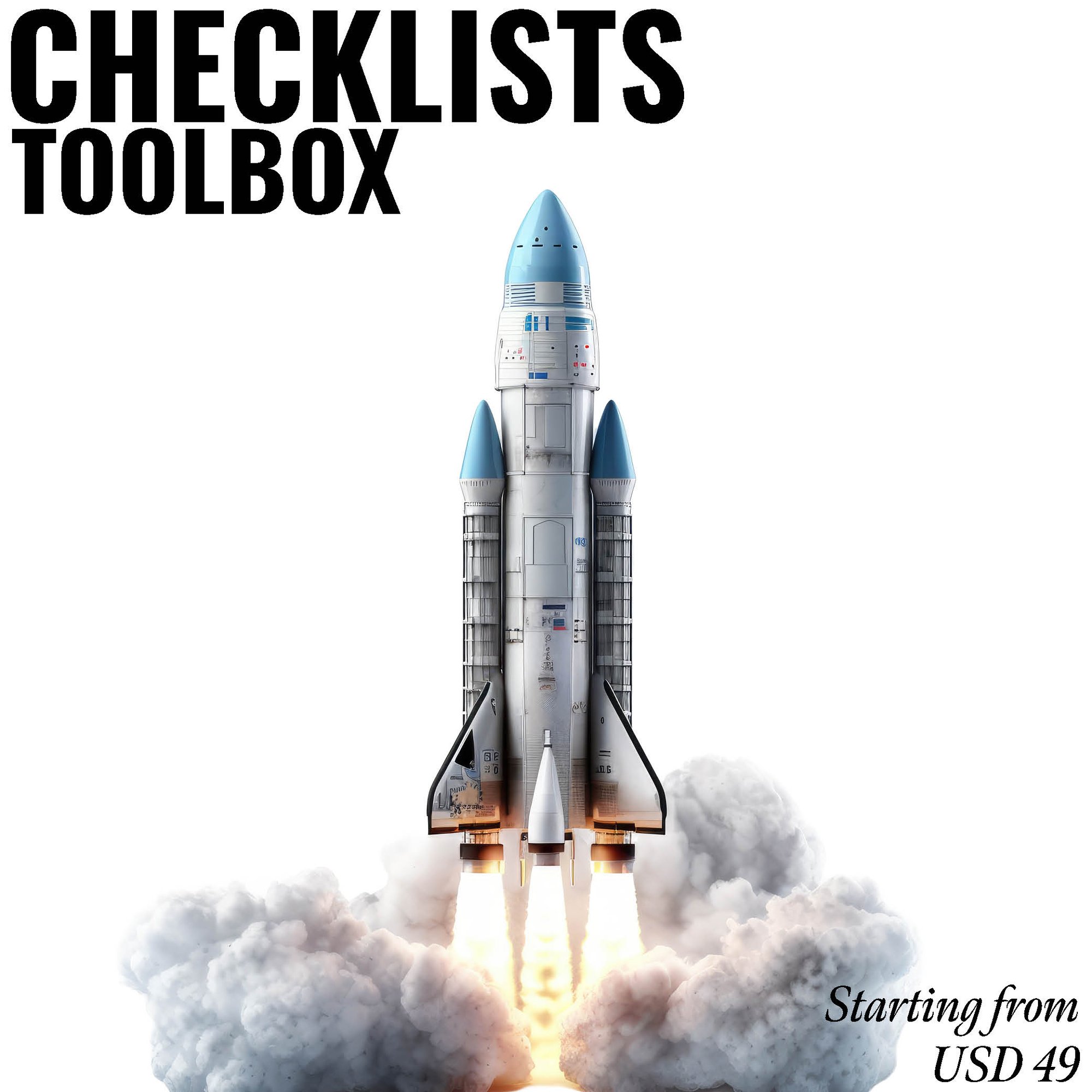Supply Chain Management (SCM) Guidelines are structured principles and best practices that help organizations optimize the flow of goods, services, and information across the supply chain. These guidelines cover key areas such as procurement, inventory management, logistics, supplier relationships, risk management, and sustainability. By following SCM guidelines, businesses can enhance efficiency, reduce costs, improve customer satisfaction, and ensure compliance with industry regulations. Effective SCM practices also support demand forecasting, minimize disruptions, and promote seamless coordination among suppliers, manufacturers, and distributors. Implementing well-defined SCM guidelines leads to improved productivity, streamlined operations, and a more resilient and responsive supply chain.
Fhyzics Business Consultants’ Supply Chain Management (SCM) Guidelines templates provide organizations with a structured approach to optimizing supply chain operations. These templates cover essential areas such as procurement, inventory management, logistics, supplier collaboration, demand forecasting, and risk management, ensuring a seamless and efficient supply chain.
By using these ready-to-implement templates, businesses can streamline workflows, reduce inefficiencies, and improve coordination between suppliers, manufacturers, and distributors. The templates provide standardized procedures for managing procurement processes, vendor evaluations, warehouse operations, and transportation logistics, helping organizations enhance productivity and cost-effectiveness.
Fhyzics’ SCM templates also support regulatory compliance and adherence to industry best practices, reducing risks associated with supply chain disruptions, delays, and quality inconsistencies. With clear performance metrics and reporting structures, businesses can monitor supply chain efficiency, track key performance indicators (KPIs), and continuously improve their operations.
Additionally, these templates are customizable, allowing organizations to tailor them to specific industry needs, business models, and market demands. By leveraging Fhyzics' SCM guidelines, companies can achieve greater supply chain visibility, improved decision-making, enhanced customer satisfaction, and long-term operational success while staying competitive in a dynamic business environment.
Top 10 benefits of Supply Chain Management Guidelines:
1. Enhanced Efficiency – Streamlines supply chain processes, reducing delays and inefficiencies.2. Cost Reduction – Optimizes procurement, inventory, and logistics to lower operational costs.
3. Improved Supplier Relationships – Establishes clear communication and performance standards with vendors.
4. Better Demand Forecasting – Improves planning and reduces stockouts or overstocking.
5. Risk Management – Identifies and mitigates potential supply chain disruptions.
6. Regulatory Compliance – Ensures adherence to industry laws and standards.
7. Increased Transparency – Enhances visibility across the supply chain for better decision-making.
8. Customer Satisfaction – Ensures timely delivery and consistent product quality.
9. Sustainability – Encourages eco-friendly and ethical supply chain practices.
10. Competitive Advantage – Strengthens market position through streamlined and agile operations.
This Article is Uploaded by: Gokul K
Keywords: supply chain management guidelines, SCM best practices, supply chain optimization, supply chain policies, logistics management guidelines, procurement guidelines, inventory management best practices, supply chain risk management, supplier management strategies, supply chain compliance, SCM efficiency, supply chain planning, warehouse management guidelines, demand forecasting techniques, supply chain process improvement, vendor selection criteria, logistics optimization strategies, transportation management best practices, supply chain cost reduction, SCM framework, sustainable supply chain practices, procurement process optimization, supply chain performance metrics, supply chain visibility, supplier evaluation methods, strategic sourcing best practices, supply chain disruption management, ethical supply chain practices, SCM regulatory compliance, lean supply chain management, agile supply chain strategies, global supply chain management, logistics and distribution strategies, just-in-time inventory management, supply chain automation, supplier risk assessment, logistics planning best practices, inventory control techniques, quality management in supply chain, supply chain data analytics, supply chain key performance indicators, procurement contract management, reverse logistics best practices, cold chain management guidelines, supplier collaboration strategies, end-to-end supply chain solutions, supply chain digitization, transportation cost optimization, strategic procurement guidelines, sustainable logistics practices, supply chain resilience strategies, demand-supply alignment, risk mitigation in supply chains, vendor relationship management, supply chain cost optimization, e-procurement best practices, lean manufacturing and supply chain, warehousing best practices, last-mile delivery optimization, supply chain governance, freight management strategies, inbound and outbound logistics, order fulfillment best practices, demand-driven supply chain, blockchain in supply chain, artificial intelligence in SCM, green supply chain practices, ethical procurement strategies, product lifecycle management in supply chain, digital supply chain transformation, supplier negotiation strategies, third-party logistics (3PL) best practices, automated inventory management, integrated supply chain solutions, sustainable procurement policies, logistics network optimization, SCM workforce training guidelines, logistics outsourcing strategies, warehouse automation best practices, supply chain software solutions, transportation management systems, strategic supply chain planning, risk assessment in logistics, circular supply chain practices, supplier scorecard development, inventory turnover optimization, SCM process mapping, performance benchmarking in supply chain, sustainable sourcing policies, logistics compliance and safety, procurement fraud prevention, e-commerce supply chain strategies, automated procurement workflows, demand variability management, capacity planning in SCM, global trade compliance guidelines, KPI tracking in supply chain, cost-effective supply chain models, multi-echelon inventory optimization, supply chain technology integration, supplier development programs, and supply chain innovation trends.















